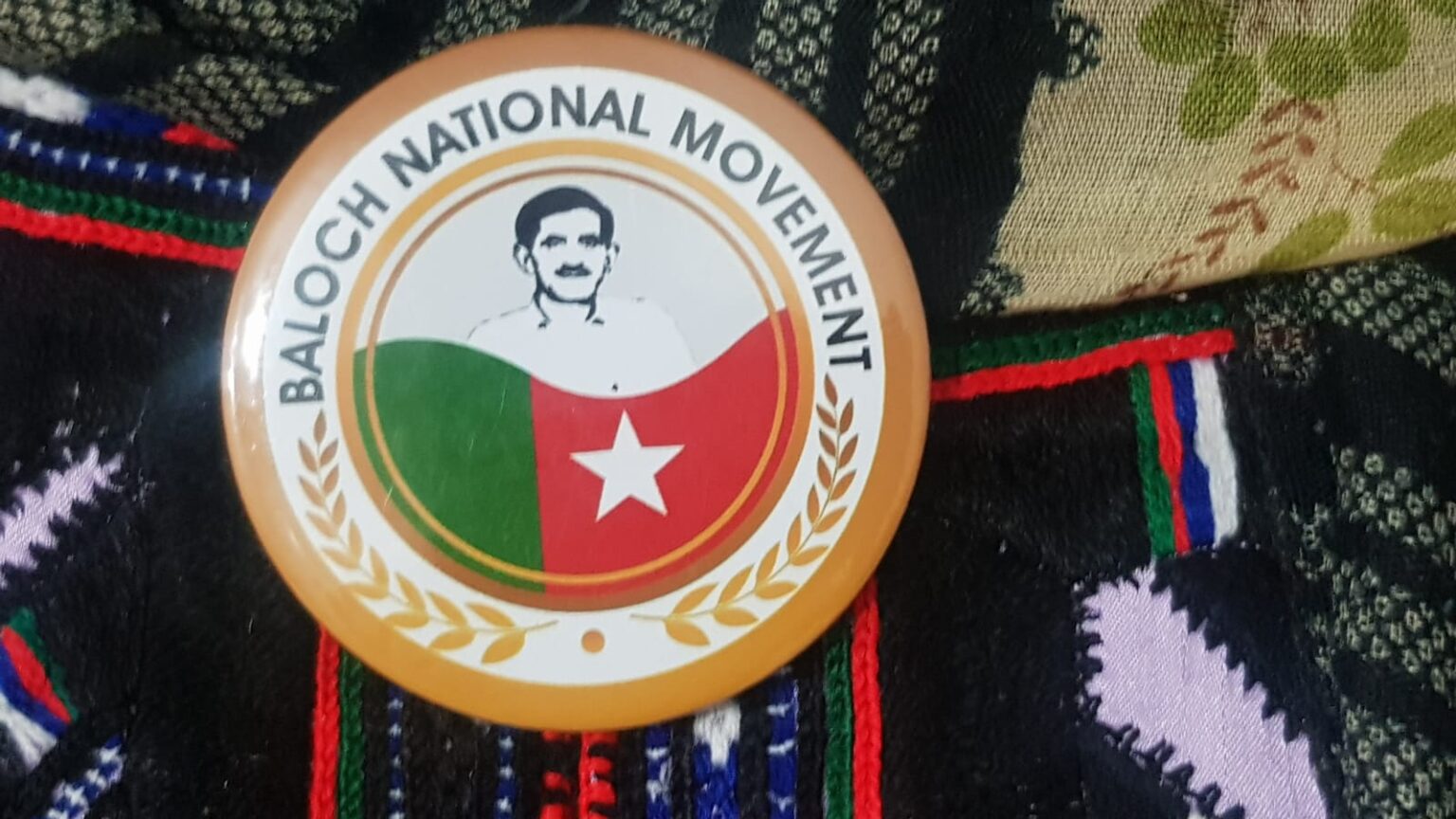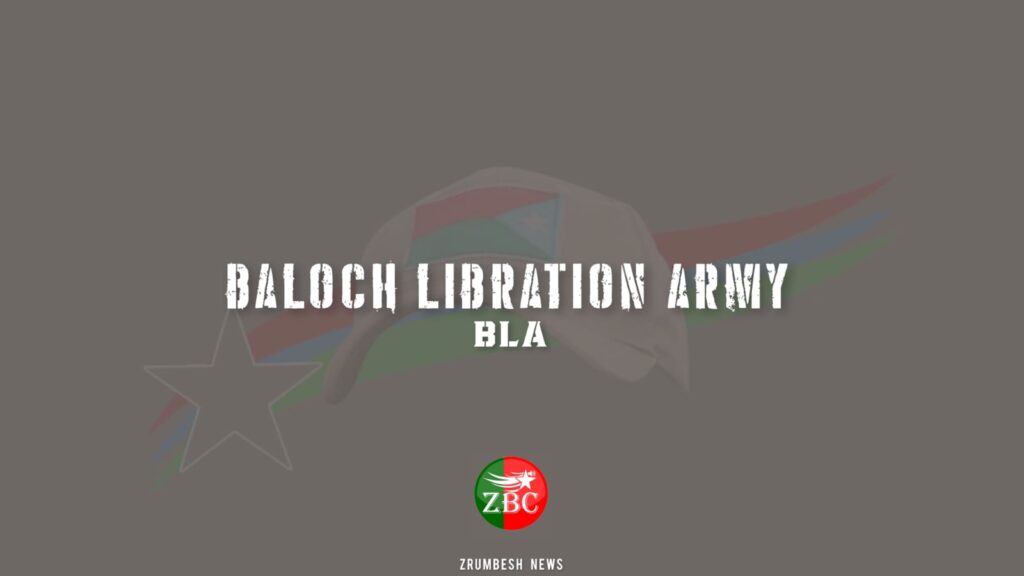The occupying state sent a clear message to the Baloch nation by conducting nuclear explosions in Raskoh: the Baloch nation is deemed unimportant, and Pakistan feels free to perform various experiments on Baloch land. These views were expressed by the speakers at an event organized by the Shaheed Banuk Karima Cell (Koh-e-Suliman) of the Baloch National Movement (BNM).
The event focused on the atomic bomb tests conducted at Chagai in Balochistan on May 28, 1998, and their environmental impacts.
The speakers pointed out that Pakistan named this day Yaum-e-Takbeer by carrying out nuclear explosions on Baloch land. These explosions caused various diseases to spread in Raskoh, Chagai, and the surrounding areas. However, measures for diagnosis and prevention of these diseases were not implemented, and treatment facilities were not provided by the occupying state, treating Balochistan merely as a laboratory.
They explained that the uranium used by Pakistan to prepare atomic bombs is being extracted from the Baghalchar area of Koh-e-Suliman. As a result, the entire area has become a cancer hotspot, with no place unaffected. Research indicates that all water reservoirs in Koh-e-Suliman contain cancer-causing elements, leading to widespread suffering. There is no household in Koh-e-Suliman without a cancer patient.
The speakers emphasized that the root cause of these problems is their subjugation. They stressed the need to educate and raise awareness among their people about this subjugation, urging them to join organizations fighting for freedom and to stand up against oppression.
They expressed their determination to strengthen their party, the Baloch National Movement (BNM), and to convey its message to the people. They believe that liberation from these conditions depends on fighting against subjugation. They vowed to work tirelessly to enhance the functioning of the BNM so that more people would join their cause and the period of slavery would be shortened.



